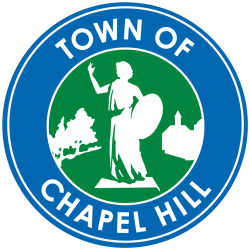
Community History Program
Chapel Hill Community History staff work with local people to document and share untold, ignored, and erased stories from Chapel Hill's history. Our work is an intentional, collaborative co-creation with history makers, historians, local government, and community members. Together we initiate, design, and share public history projects, programs, and exhibits.
Chapel Hill Community History is a program based inside Chapel Hill Public Library, a department of The Town of Chapel Hill.
Foundational Truths
History is not a monolith. There are many histories. Part of our work is about being open and transparent about what histories we seek to document and share. We explicit recognize two foundational truths that inform how we work, what we work on, and what and how we share.
- Written histories about Chapel Hill have ignored, erased, and misrepresented the experiences of Black and Indigenous people.
- Traditional history methodologies are extractive and have caused harm.
Guiding Values
- People are the experts of their own histories.
- Histories & stories that have been ignored or erased from the written record are vital to understanding who we are today and how we can create a better future together.
- Histories & stories must be relevant and accessible to people of all ages.
- The most powerful way to become relevant for diverse communities is to become representative of them and co-created by them.
Practices
Center lived experience. Recognize the value of lived experience by paying people for their time and expertise.
Practice deep listening and humility. Position project staff and the institution as learner, not teacher or expert.
Welcome divergent voices into the conversation. Make space for disagreement, remain open to new thinking/revision, normalize mistakes, celebrate & learn from failure, acknowledge human frailty, battle perfectionism.
Protect and strengthen culture. Make visible and honor cultural spaces of marginalized people & support/amplify community assets (leadership, self-determination, arts, histories, etc).
Ensure that communities retain the rights to their own stories and cultural heritage. Review release forms, licensing, metadata standards, language choices against better practices & with community members before making public. All artifacts (stories, photos, etc) must receive their full approval before being made public and can be removed any time at their request.
Choose quality over quantity. Focus on developing/deepening authentic relationships rather than asset production.
Make space for connection, fellowship, and emotions - joy, sorrow, anger, gratitude. Food, music, laughter all create opportunities for fellowship. Feed people.
Choose mutual aid over charity, outreach, and organization-led volunteerism. Recognize, value, and participate in informal, community-centered work led by those most impacted by the work.
Treat each other with care and compassion. Recognize the human cost and hidden labor in sharing stories of historic trauma, both for those who lived the history and those who work to document and share the history.
Create opportunties/space for new voices, new leaders, greater community resilience and capacity.

